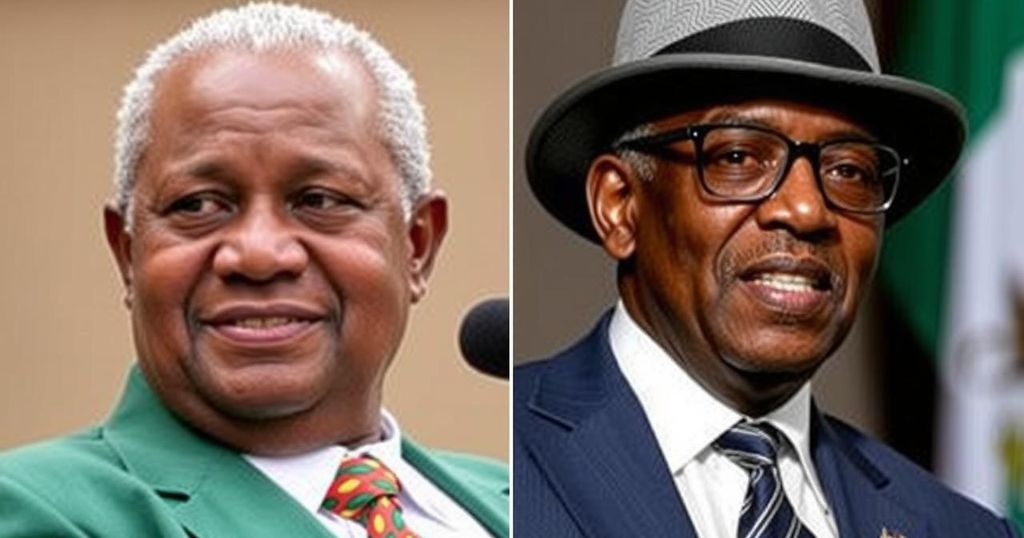William Ruto and Bola Tinubu Listed Among World’s Most Corrupt Leaders of 2024

Kenyan President William Ruto and Nigerian President Bola Tinubu have been named among the world’s most corrupt leaders for 2024, according to the Organized Crime and Corruption Reporting Project. Ruto ranks second while Tinubu ranks third, with former Syrian President Bashar al-Assad taking the top position. The report emphasizes ongoing corruption issues in Africa and the need for systemic reforms.
In a revealing report by the Organized Crime and Corruption Reporting Project (OCCRP), two prominent African leaders have been identified among the world’s most corrupt officials for the year 2024. Kenyan President William Ruto ranks second, while Nigerian President Bola Tinubu follows closely at third. The distinction of the most corrupt leader is attributed to former Syrian President Bashar al-Assad. Interestingly, despite Ruto receiving a higher number of votes, the final determination placed him in the second position. This recognition highlights ongoing concerns about governance and corruption in Africa.
Corruption remains a pervasive issue in many countries, significantly impacting governance and public trust. The OCCRP, an initiative dedicated to reporting organized crime and corruption, sheds light on the malpractices of political leaders that often exacerbate economic woes. The rankings of leaders based on corrupt practices not only reflect their individual shortcomings but also the broader systemic issues present within their respective nations. As global scrutiny grows, such reports serve as calls to action for reform and accountability.
The categorization of William Ruto and Bola Tinubu as among the most corrupt leaders of 2024 highlights the pressing need for effective governance and transparency in African politics. This report by the OCCRP serves as a reminder of the challenges faced by nations in combating corruption and reinforces the importance of vigilance and reform in ensuring accountable leadership. The implications of these findings could provoke further discussions and actions aimed at establishing integrity within political systems.
Original Source: www.firstpost.com







